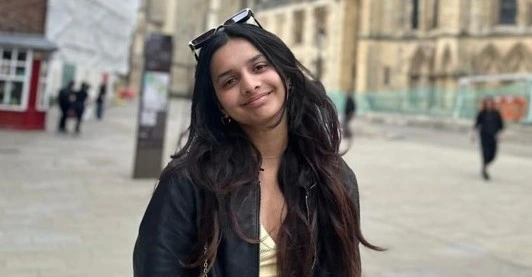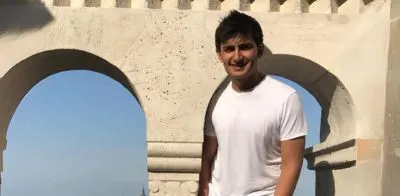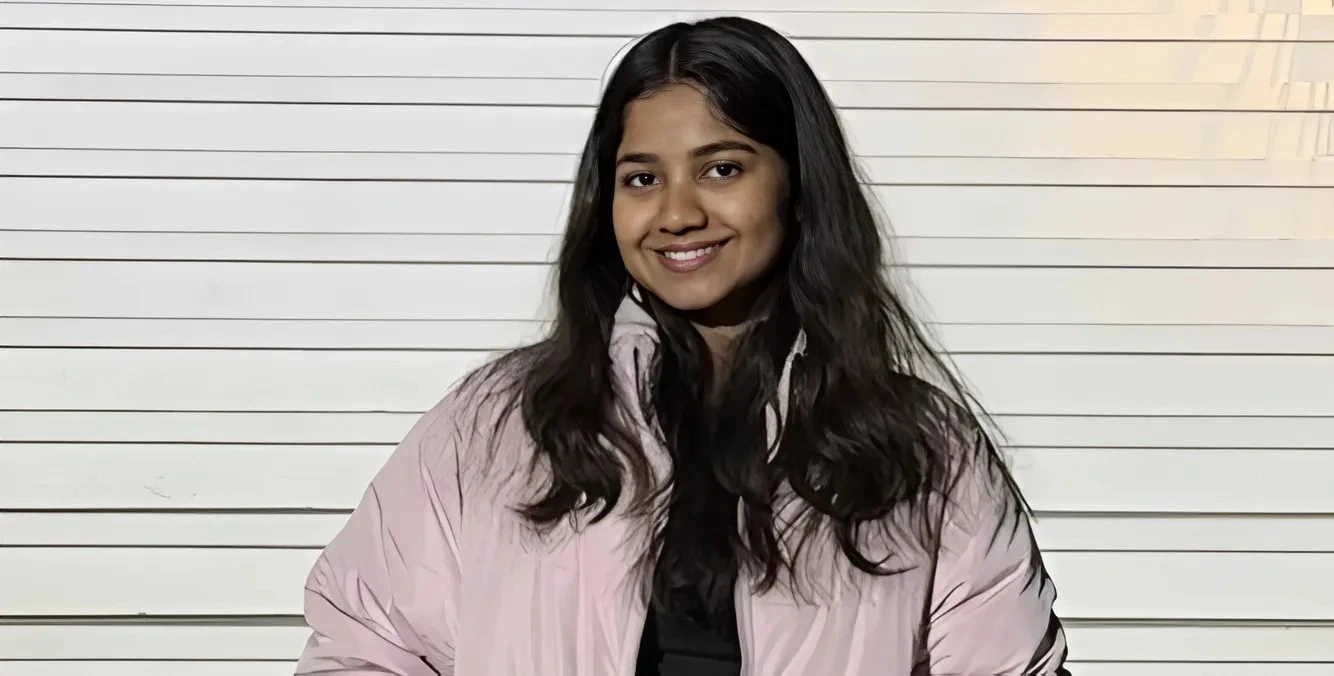Name: Yukta Reddy
University: University of Bath
Course: II semester, Master of Science in Marketing
Location: Bath, England
Key highlights:
- Graduate programmes in the UK are known for their practical educational methods.
- Make sure you conduct thorough research on what essentials to pack when travelling from India to join the university, as it could be challenging to find necessary items upon your arrival.
- Apply for the University scholarship programmes (if any) even if you are doubtful of getting it.
- Upon starting university, it’s wise to connect with older students, ask for course recommendations, and promptly register for them when enrollment opens.
- One job opportunity can unlock doors for you, allowing you to delve deeper into your desired professional specialisation and acquire additional experience.
What inspired you to pursue education abroad?
Yukta: For me, studying abroad wasn’t solely focussed on academics; it represented an opportunity for personal growth. After completing my undergraduate studies, I entered the workforce. However, I quickly recognised the importance of acquiring strong statistical knowledge for a successful career in marketing. Therefore, I aimed to address this knowledge gap to enhance my prospects in the industry.
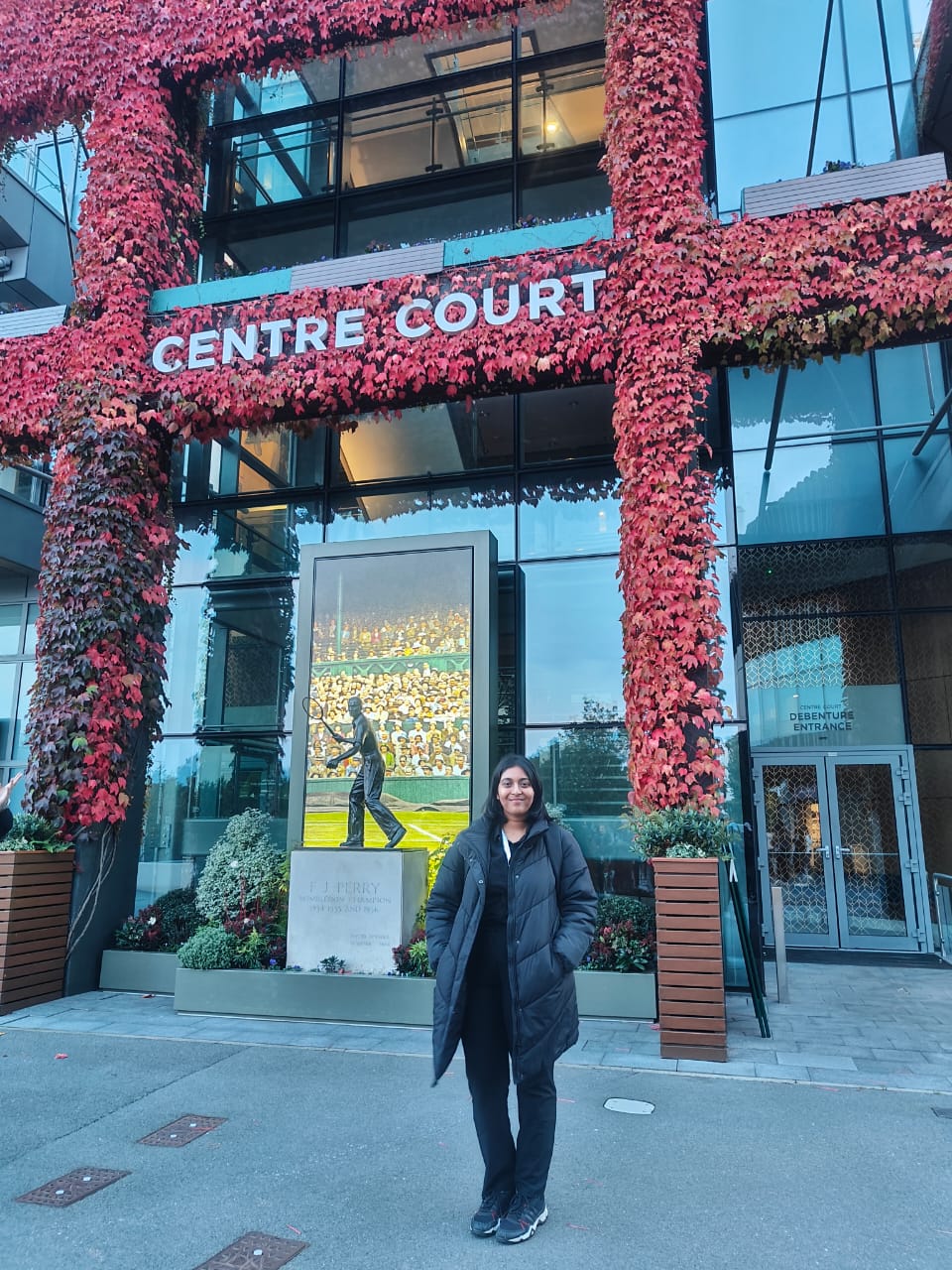
How did you choose the University of Bath to pursue a master’s in marketing?
Yukta: I did very thorough research about the universities offering master’s in marketing. I had a huge list of universities to choose from. What helped me narrow down my decision was that I did not want to pursue this course in any other country other than the United Kingdom. I wanted to go for a globally recognised degree, that would help me get a job anywhere in the world in the future. Fortunately, there were very few colleges that qualified for this, and the University of Bath was one of them. Frankly, another reason why I chose this University was that Bath is quite a scenic city, and also home to one of my favourite authors, Jane Austen.
Talk about your academic experience, faculty, and course structure…
Yukta: Our programme emphasises diversity and interactivity, fostering significant learning through peer interaction. The calibre of professors significantly influences the overall experience of the programme. Unlike the education system in India, our focus isn’t solely on grades and marks. While we have three to four classes per week, self-study is paramount, and assignments are designed to encourage deep reflection and extensive engagement with the coursework.

How does the academic course there differ from the education system in India?
Yukta: In our programme, there’s no expectation for individuals to compete against each other. The goal is to foster a collaborative spirit, recognising that we’ll eventually work together as colleagues in the workforce. Therefore, the programme promotes cooperative learning rather than fostering a competitive environment.
Did you face any challenges after you arrived in the UK?
Yukta: Having family already settled in the UK was a significant source of support for me. However, looking back, I realise I could have prepared better by bringing along a few daily essentials. For instance, it took me a whole month to acquire basic metal utensils after arriving at the University. I had assumed I could easily find them in Bath, but due to the influx of students, many items were in short supply in the local market. One piece of advice for incoming students is to avoid bringing electronic items, especially chargers, from India. Most electronics purchased in India may not have compatible connectors for use in the UK, and it’s often cheaper to purchase them locally. Also, carrying ready-to-eat food with you – upma was a lifesaver for me!
How are you managing your finances?
Yukta: I am paying for the course myself, and my parents are also helping me out. Frankly, I haven’t been the brightest student and thus didn’t apply for any scholarship programmes while joining the University. However, after arriving here, I discovered that most people who applied for the University scholarship got it. So, I would advise students to always apply for the scholarship programme.
Currently, I am living in the University accommodation. I cook my meals daily, spending about £ 25 to 30 per week on food. Living outside in the UK could be very expensive, especially for students. It is not too hard to find a part-time job. However, I think that sometimes a job can come in the way of education – especially on days when you have an assignment or group activity. So, I am just concentrating on my course at this point.
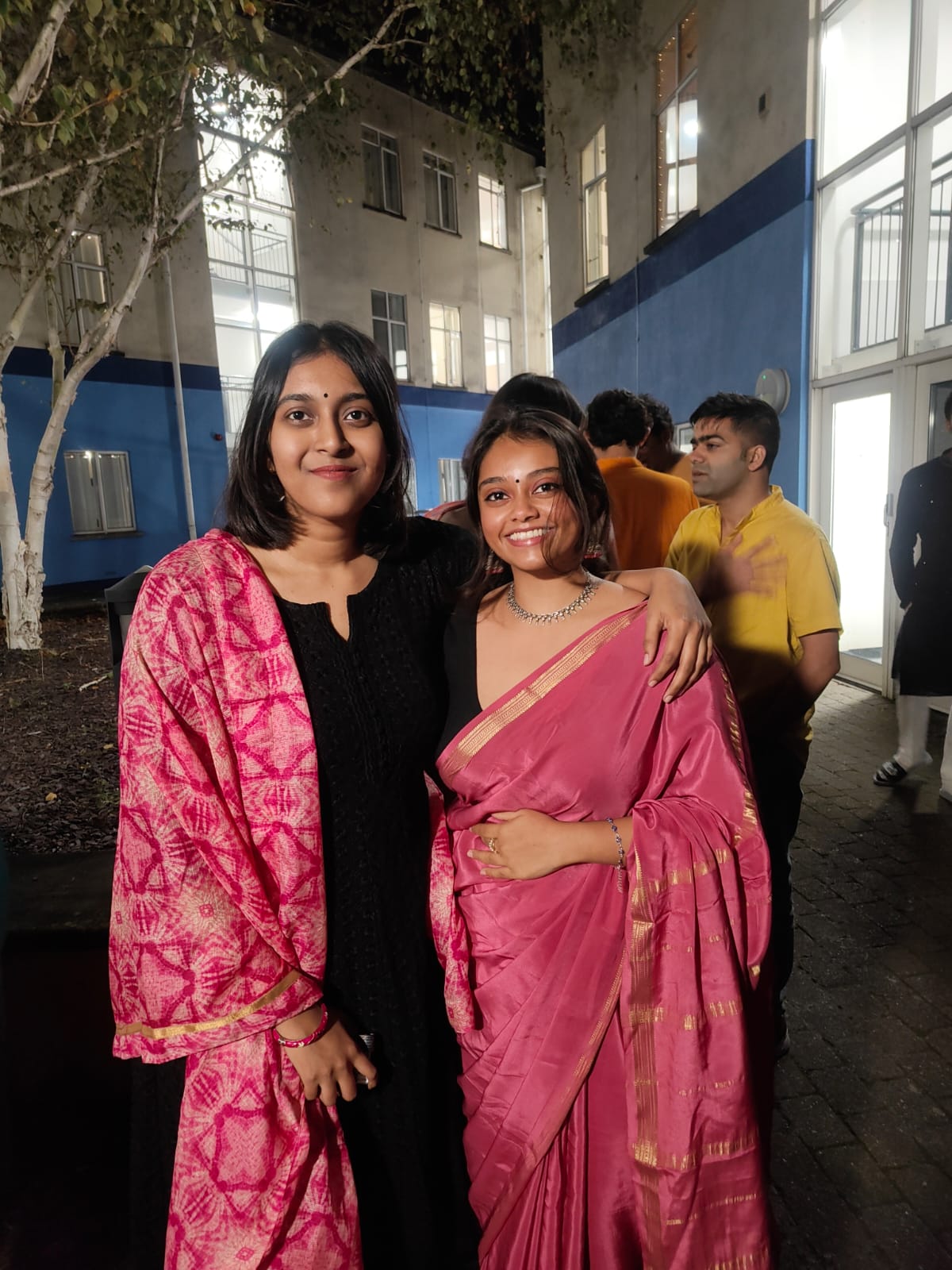
How has living and studying abroad impacted your sense of identity?
Yukta: There are so many things that we get so easily in India – like a house help or home-cooked meal. Here, one has to do everything by themselves. I have to manage everything, from my course to laundry, and food, and even run errands from time to time. It’s a big reality check for most people. Even though I had a job in India, I feel so much more responsible now, and quite grateful for the experiences I am having here.
Are you involved in any extracurricular activities or clubs at your University?
Yukta: I am a part of the University photography club. There are many Indians and Asians in the University, and we have various activities planned almost every weekend. Quite recently, we celebrated holi at the University.
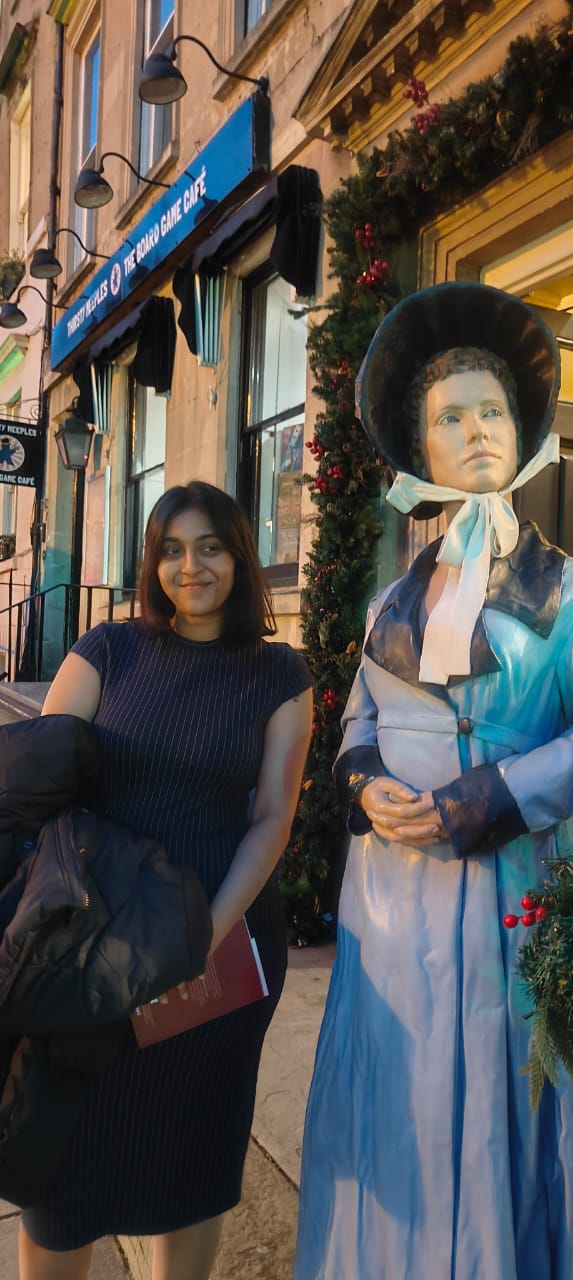
What are your plans or goals after completing your education?
Yukta: I am in the second semester now, and really looking forward to doing an internship. After I finish my course, I would like to take up a job in the UK itself, preferrably in London as I have family there. However, since India is a growing market, I wouldn’t mind moving back for a job as well.


